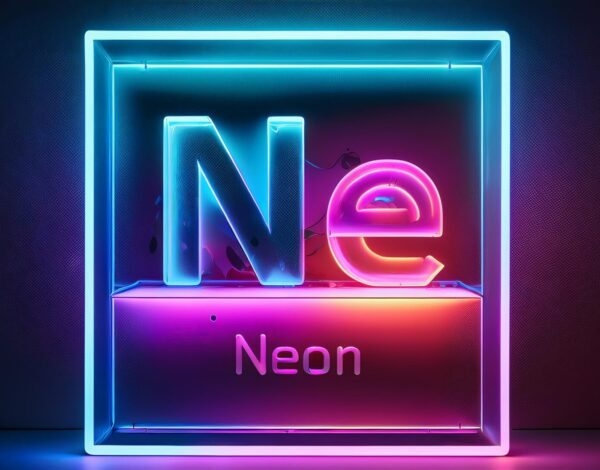

Why Hydrogen is the Key to Achieving Your Sustainability Goals
In the quest for a sustainable future, the world is increasingly turning to innovative solutions that can help reduce carbon emissions and promote cleaner energy sources. Among these solutions, hydrogen stands out as a versatile and powerful element that has the potential to revolutionize our approach to sustainability.
The Promise of Hydrogen
Hydrogen is the most abundant element in the universe. When used as a fuel, it produces only water vapor as a byproduct, making it an incredibly clean energy source. Unlike fossil fuels, which release harmful greenhouse gases when burned, hydrogen can be produced from various renewable sources, including water, biomass, and even natural gas through carbon capture technologies. This versatility makes hydrogen a crucial player in the transition to a low-carbon economy.
Hydrogen in Transportation
One of the most significant applications of hydrogen is in the transportation sector. Hydrogen fuel cell vehicles (FCVs) offer a zero-emission alternative to traditional gasoline and diesel vehicles. By utilizing hydrogen as a fuel, these vehicles can significantly reduce air pollution and greenhouse gas emissions. Moreover, hydrogen refueling stations are being developed worldwide, making it easier for consumers to adopt this clean technology.
Aircraft with hydrogen fuel cells can also significantly and sharply decrease carbon emissions. According to the Airbus website, “Renewable hydrogen is expected to be an alternative fuel solution for several industries. And we believe the aviation industry should be no exception: it is estimated that hydrogen has the potential to reduce aviation’s CO2 emissions by up to 50%.” (Airbus, 2024). As cities and countries set ambitious targets for reducing emissions, hydrogen-powered transportation can play a pivotal role in achieving these goals.
Hydrogen for Energy Storage
Another critical aspect of hydrogen is its ability to be stored energy. As renewable energy sources like wind and solar become more prevalent, the need for effective energy storage solutions grows. Hydrogen can be produced through electrolysis, where excess renewable energy is used to split water into hydrogen and oxygen. This stored hydrogen can then be converted back into electricity when needed, providing a reliable and flexible energy supply. By integrating hydrogen into the energy grid, we can enhance the stability and resilience of our energy systems, making them more sustainable.
Industrial Applications
Hydrogen is not only beneficial for transportation and energy storage; it also has significant applications in various industries. For instance, the steel industry, one of the largest sources of carbon emissions, is exploring hydrogen as a cleaner alternative to traditional coal-based methods. By using hydrogen in the production process, companies can drastically reduce their carbon footprint and contribute to global sustainability efforts. Additionally, hydrogen can be utilized in chemical processes, refining, and even agriculture, showcasing its versatility.
Challenges and the Path Forward
While the potential of hydrogen is immense, there are challenges to overcome. The production of green hydrogen, which is derived from renewable sources, is still relatively expensive compared to fossil fuel-based hydrogen. However, as technology advances and economies of scale are achieved, the costs are expected to decrease. Governments and private sectors must collaborate to invest in research, infrastructure, and policies that support hydrogen development.
Hydrogen is a key player in the global transition towards sustainability. Its ability to provide clean energy, reduce emissions, and support various industries makes it an essential component of our future energy landscape. By embracing hydrogen technology, businesses and individuals can take significant steps towards achieving their sustainability goals. As we move forward, it is crucial to continue exploring and investing in hydrogen solutions to unlock its full potential for a cleaner, greener world.
Hydrogen at Rocky Mountain Air
Rocky Mountain Air offers liquid or compressed hydrogen in various concentrations and purities. We also offer bulk hydrogen options for our partners, such as tanks and trailers, and scheduled refills on-site for such applications. Contact your local branch today in Colorado, Utah, Idaho, Wyoming, or Nebraska to discuss your hydrogen uses, or to set up a usage evaluation. We look forward to serving you with flawless dependability!



